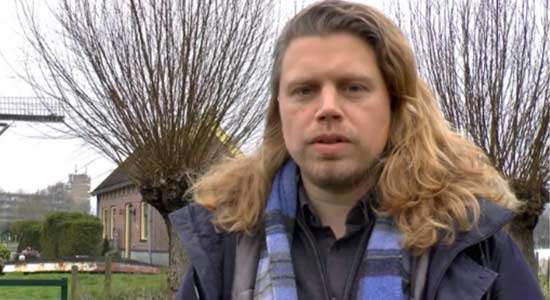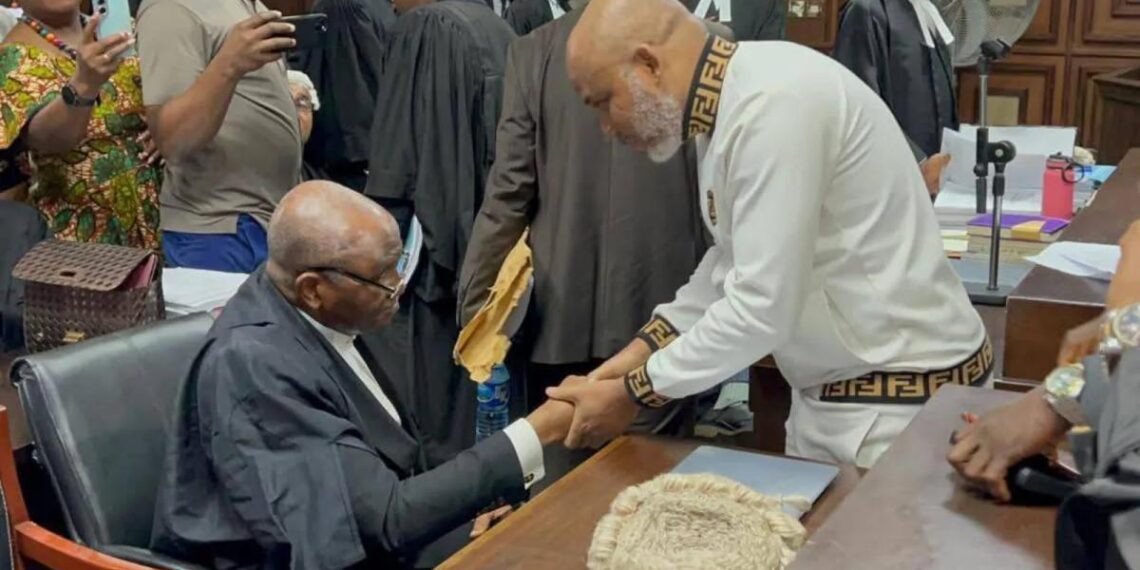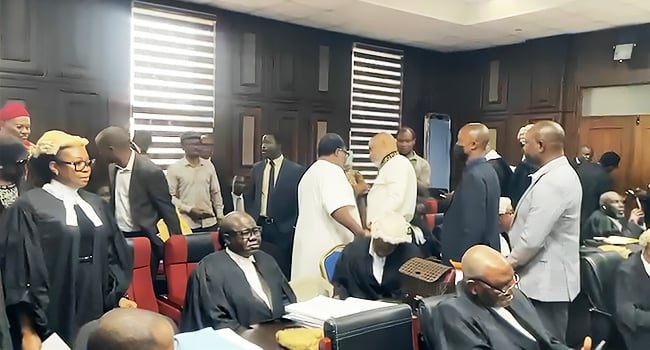A Dutch court ruled on Friday that a man with more than 550 children can no longer donate his sperm.
An advocacy group and a mother who had a child with the man’s sperm have filed for a restraining order against him, citing clinical guidelines that say donors can have no more than 25 children in 12 families to prevent incest. The court in The Hague warned that if the man did not comply, he would be fined 10,000 euros ($11,000) per count.
Local media identified the 41-year-old Dutchman as Jonathan M. due to privacy concerns. He is said to have been in other names as well.
The court heard that since 2007 he had donated his sperm to fertility clinics, sperm banks and many couples through internet forums. More than 100 of his children were born in clinics and other private hospitals in the Netherlands.
Meanwhile, the judge added that he also donated sperm to a Danish clinic called Cryos, which then sent his sperm to private addresses in various countries. He was able to circumvent the rules because there was no central sperm donor registry.
It is also unknown how many children the man had fathered abroad. According to his lawyer, the man simply wanted to help couples who could not get pregnant.
The court found Jonathan M. Deliberately deceiving parents about the amount donated and the number of children conceived.
Judge Thera Hesselink said the sentence “prohibited the accused from donating his sperm to the new parents after this sentence”.
Hesselink wrote that the defendant should refrain from contacting potential parents, joining any organization that promotes donation or advertises his services as a sperm donor. “All these parents are now faced with the fact that the child in their family is part of a large kinship network with hundreds of half-siblings in which they have no choice,” she added.
The court found it “highly probable” that it had or could have negative consequences for the child, including questions of identity and possible incest.
Although the case involved a conflict of fundamental rights, the court stated that “the interests of the donor’s children and their parents are more important than the donor’s interest in continuing to donate sperm to the new parents.”
The defendant was also ordered to reveal the names of fertility clinics and sperm banks around the world from which he has supplied his sperm, and that stock must be destroyed.
The mother of one of the children involved in the lawsuit, known only as ‘Eva’, said she was grateful for the verdict, adding that his ‘substantial donations spread like wildfire to other countries’.
“I ask donors to respect our interests and make a judgment call because our children should not be affected,” she said in a statement. Mark de Heck, one of the lawyers in the case, said the ruling was the first of its kind in the Netherlands, adding that it was “a clear signal that I think there is a challenge to other large-scale final warnings by donors.”
The case is the latest in a series of fertility scandals to engulf the Netherlands.
In 2020, women who believed they had received sperm from anonymous donors accused a late gynecologist of fathering at least 17 children. In the previous year, the Rotterdam doctor had delivered at least 49 children by impregnating women seeking treatment.

















